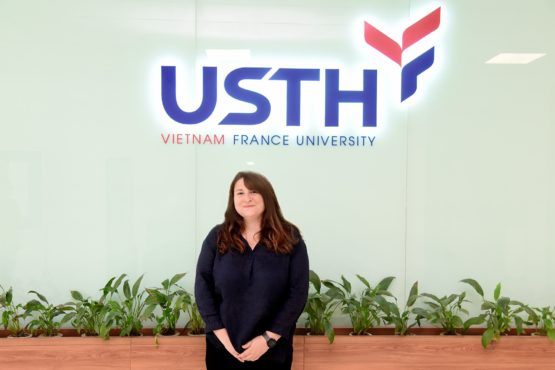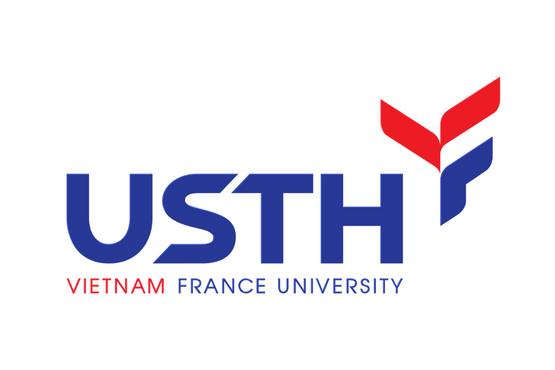Prof. Pierre Sebban was the first rector of the University of Science and Technology of Hanoi (USTH) who witnessed the development journey of USTH from scratch. During his tenure, he had overcome many challenges to lead the newly established university with limited resources. We had a short interview with him about his reminiscence of the early days of USTH.
A new chapter began
More than 13 years ago, when globalization was happening at a rapid pace, science and technology were seen by the Government of Vietnam as the driver of socio-economic growth of the country. Having been fully aware of the importance of training high-quality human resources in science and technology, the Government desired to build up an excellent public university that upholds international standards, based on tight partnerships with countries where science and technology were advanced.
A university development project was initially shaped by the Vietnam Institute of Science and Technology currently known as the Vietnam Academy of Science and Technology with the French Republic as the strategic partner. The project was approved by the Prime Minister with the aim to build an excellent model of a public university, training the fields of science and technology. It was on December 9th, 2009 when USTH was founded under the framework of the Intergovernmental Agreement between Vietnam and France.
As a newborn university, the priority was to find its very first rector to lead the establishment process and lay the initial foundation for its evolution. At that time, Prof. Pierre Sebban was the Vice- President in charge of international relations at the University of Paris Sud, one of the two universities taking a lead in the USTH project from the French side. He also participated in the interministerial steering committee created for the project.
He knew about the call for applications for the position of the rector of USTH but hadn’t seen himself as a candidate until the morning of the closing day. He said: “I felt an inexplicable force pushing me to apply.” And in the end, he was selected by the French side to take the helm of an important cooperative project in higher education between the two countries.
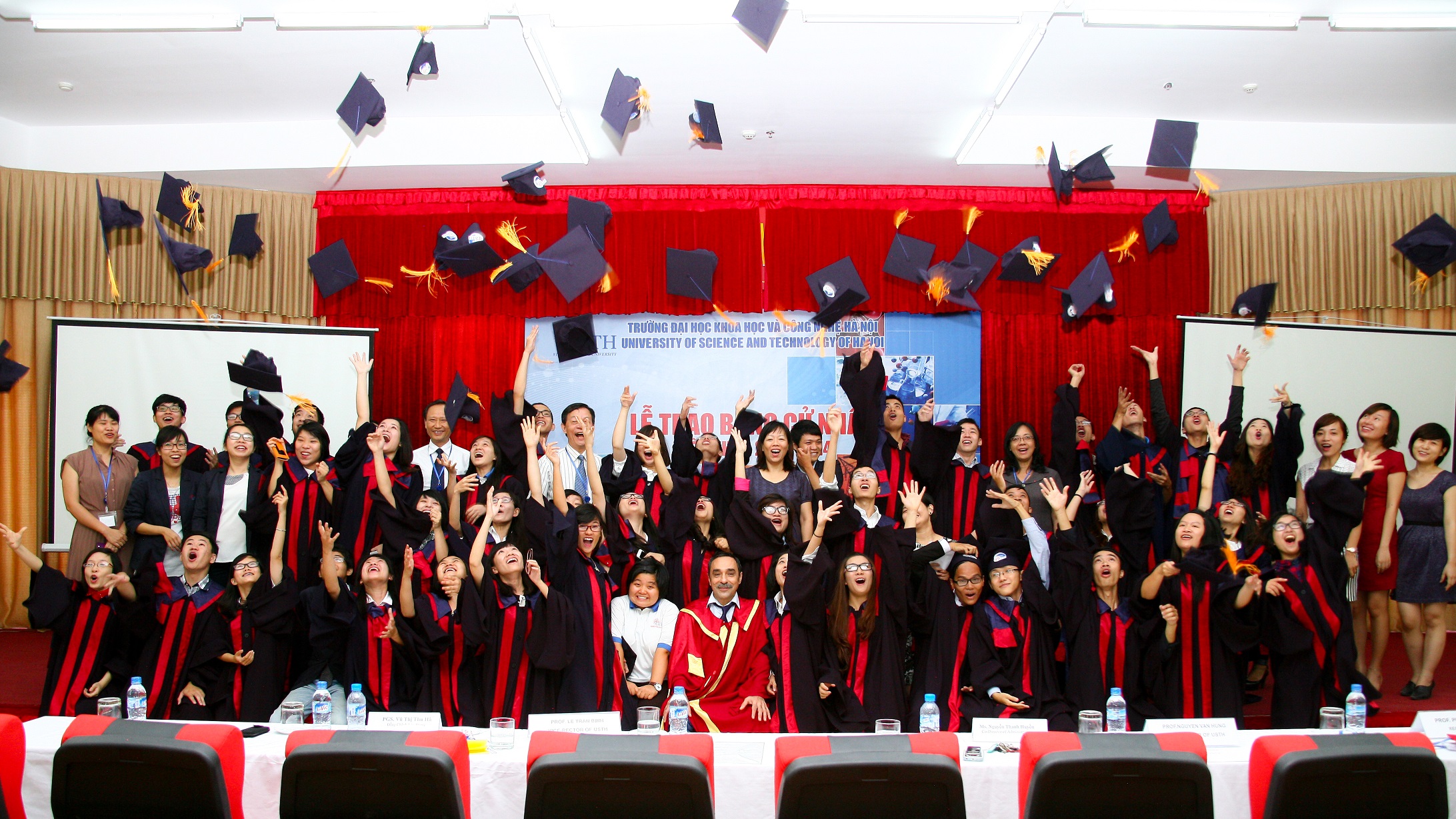
Prof. Pierre Sebban reminisced: “When I informed my resignation from the position of the Vice- President of the University of Paris Sud, to which I was appointed just 3 months before, and my acceptance to the position of the USTH Rector, I received a supportive response from Guy Couarraze – the President of the University of Paris Sud. He said: “ You can’t expect the autonomy of universities without giving the autonomy to the men and women who work there! Go ahead, Pierre. Good luck!”
And then at the beginning of 2010, Prof. Pierre Sabban moved to Vietnam and started a new chapter of his life with USTH.
Transforming a Big Bang to a shining star
Being passionate about astronomy and astrophysics, Pierre Sebban compares the early days of USTH to the Big Bang. “We launched a university with only a building which was granted by the Vietnam Academy of Science and Technology, without staff, without students, without being recognized or even known by the Vietnamese society. At that time, everything was in chaos, like “the universe just after the Big Bang.”
Prof. Pierre Sebban said the first and foremost urgent needs were to set up the academic and administrative structure, and importantly build training programs to recruit students. He admitted that the challenge was to offer a curriculum that would not only provide Vietnam with high-quality human resources in science and technology but also enable students to access higher levels of education and life-long career opportunities.
He and his team decided to apply the training model of French universities, called the Bologna Process, which made USTH become the first university in Asia to adopt the European ECTS system. English was also selected as the training language to meet the needs of the labor market in the context of globalization.
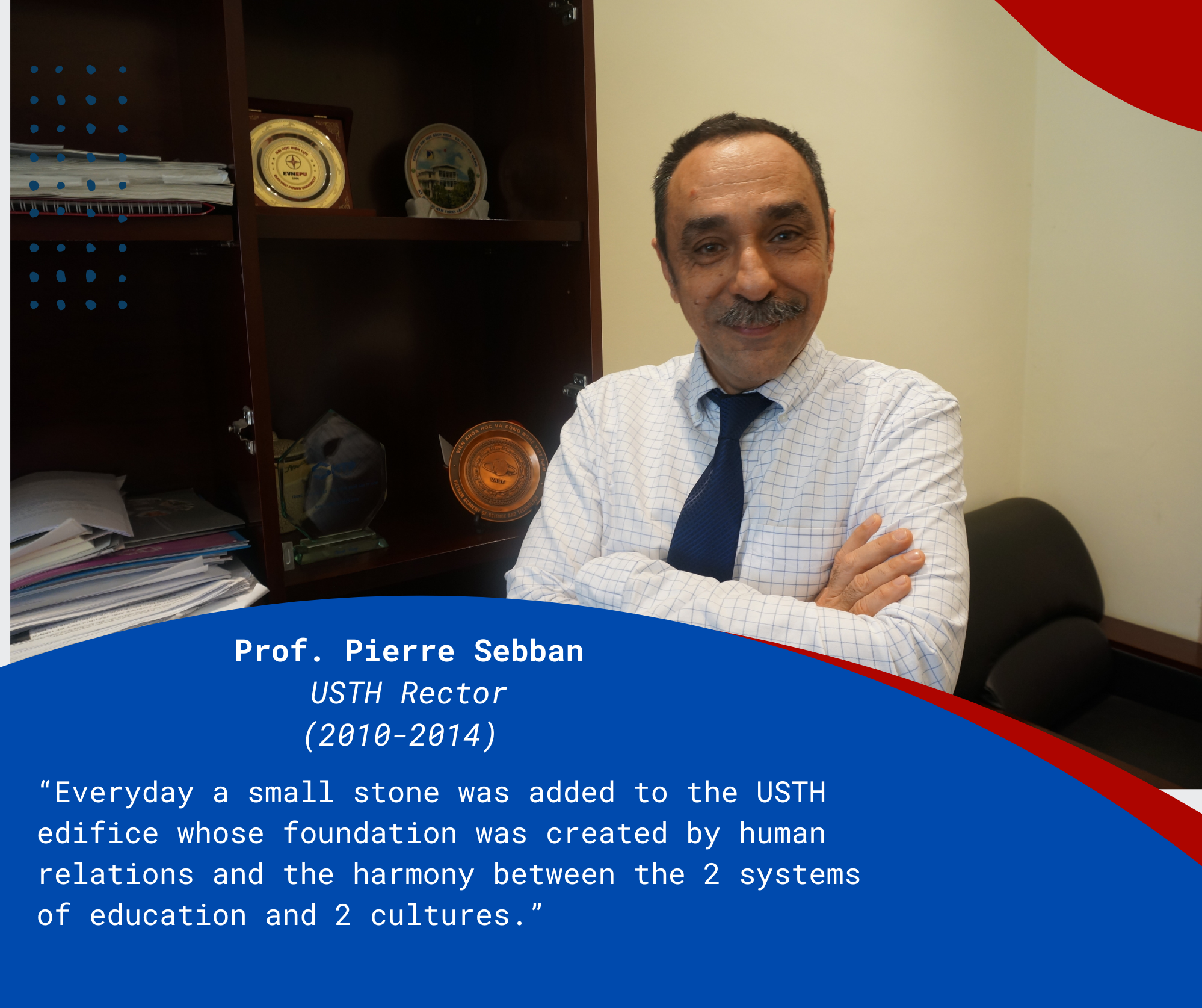
Thanks to the ceaseless efforts and dedication of the Vietnamese and French teams, the master’s and then bachelor programs were successfully formed. USTH started recruiting its first intake in 2010.
According to Prof. Pierre Sebban, his 4-year tenure at USTH was intense, difficult, but exciting: “ We had to “fight” in all directions to transform this Big Bang into the beginning of a shining star. USTH was getting more and more recognition and the number of students was increasing significantly. Moreover, the report of the Agency for the Evaluation of Research and Higher Education (AERES) in 2012 highly regarded the achievements of USTH during its initial phase, which remarkably validated our approach and efforts, making us stronger and more confident in what we did.”
To Prof. Pierre Sebban, USTH was a successful example of a cooperative project for the benefit of Vietnam. “Every day a small stone was added to the edifice whose foundation was created by human relations and the harmony between the 2 systems of education and 2 cultures.” Prof. Pierre Sebban expressed his delight at the steady advancement of USTH.
He cherished the moments when he interacted with the lecturers, staff, and students. It made him realize the reason “why he was a rector.”
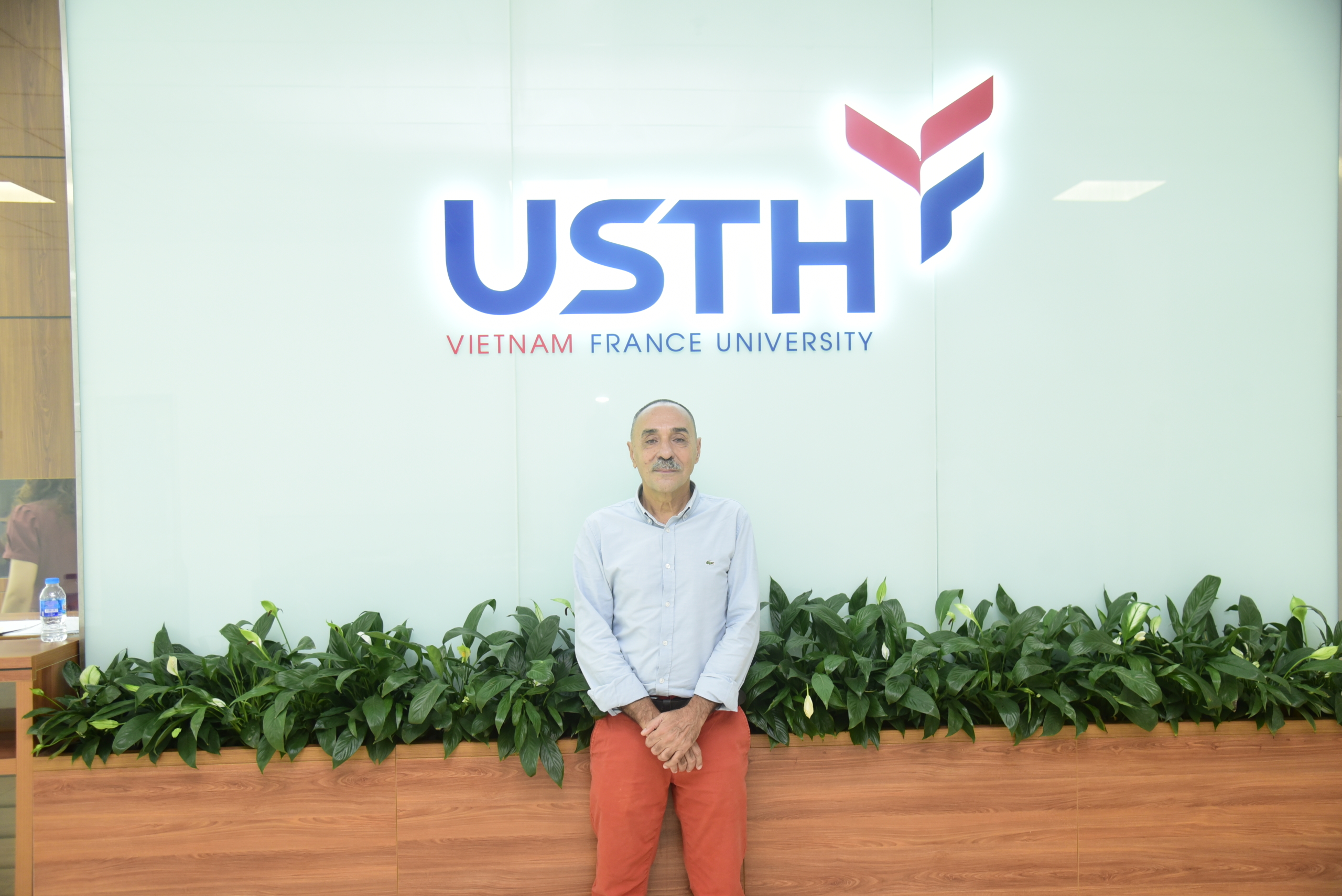
What made Prof. Pierre Sebban proud was an increase in the training scale of USTH during his term. From the 17 students enrolling in the first intake, the number went up to 900 after just 4 years. He attributed this expansion to the requisite directions in training as well as the dedication of the academic and administrative staff together with the enormous support from the Vietnamese and French sides.
Falling in love with the culture and the people here, Prof. Pierre Sebban decided to stay connected with Vietnam after his term at USTH. He is currently living in Vietnam and has worked as an expert for the AFD (French Development Agency), the World Bank, and other international agencies. Prof. Pierre Sebban said that he was finishing a book on USTH and his time in Vietnam, in which he would share many personal and professional stories.
Due to his abundant experience as a scientific advisor at the High Council for the Evaluation of Research and Higher Education (HCERES), USTH has recently invited him to be a consultant as we applied for its institutional accreditation. His adventure with USTH keeps going on.


